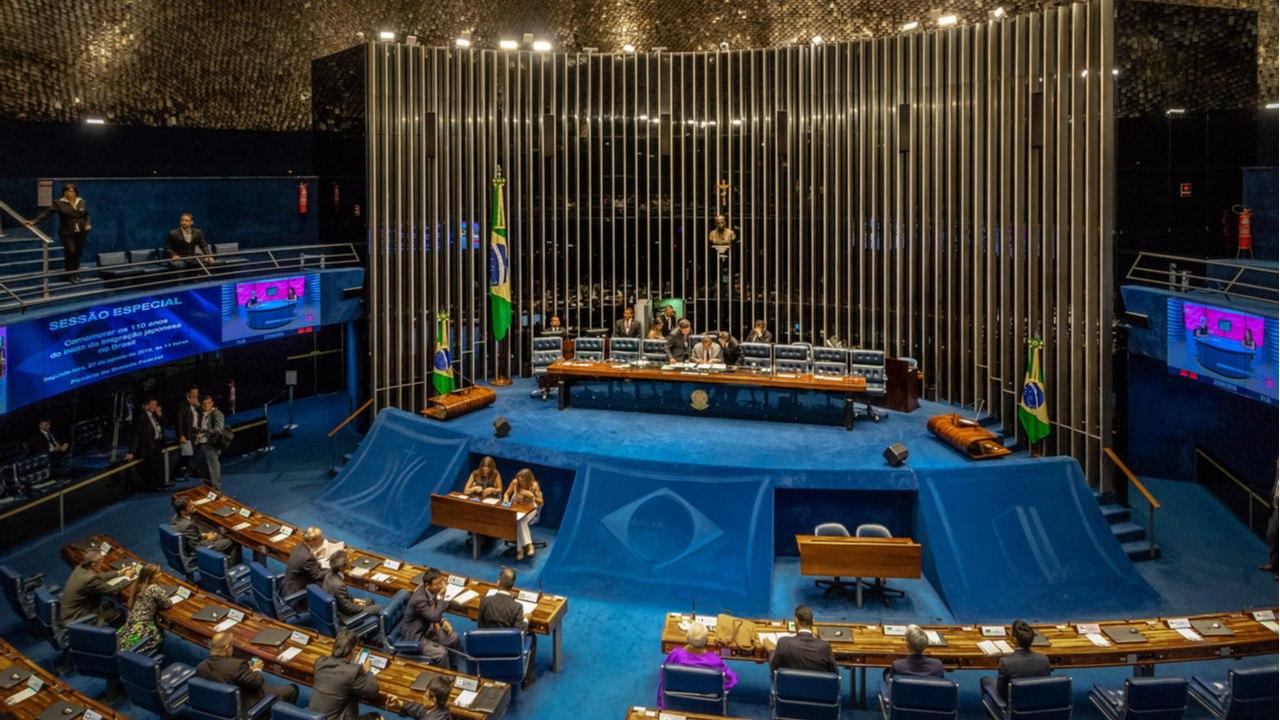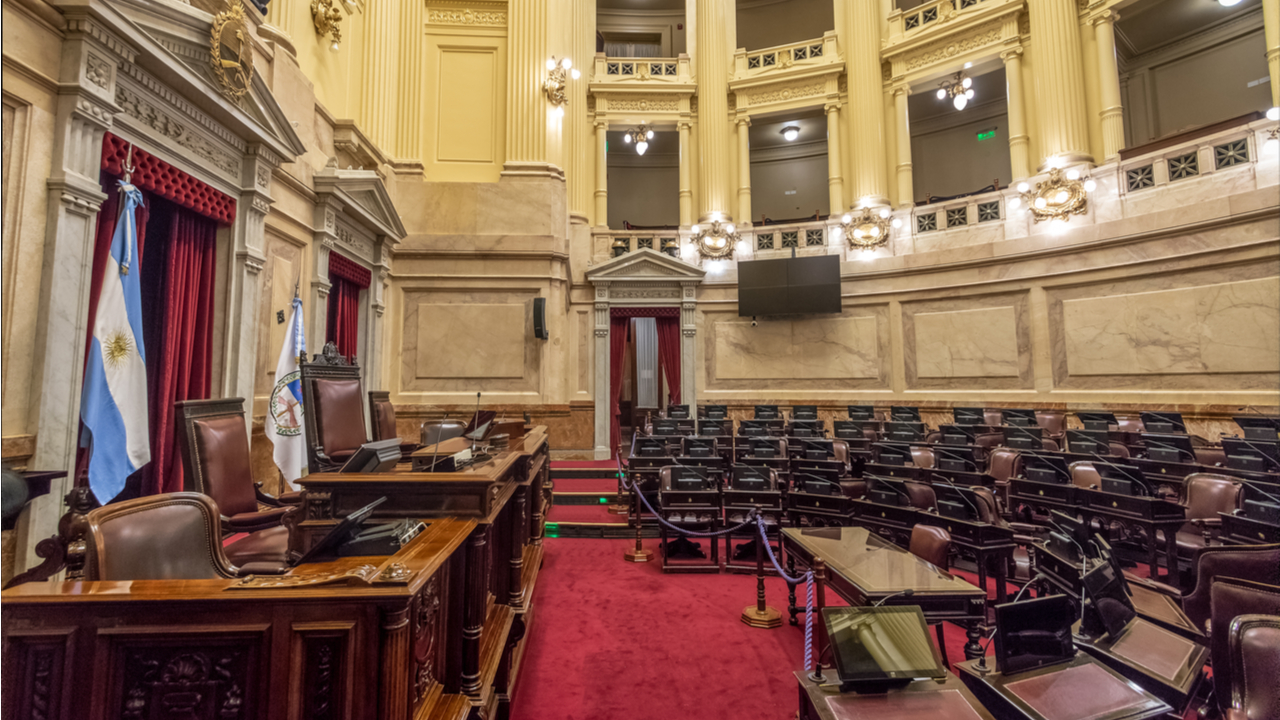
Law Project Presented in Argentinian Senate Proposes to Tax Undeclared Crypto...
A new law project presented in the Argentinian Senate is seeking to start a fund to pay for part of the debt the country has with the International Monetary Fund (IMF). The project, which is being pushed by members of the ruling party, would establish that Argentinian citizens have to pay taxes for certain assets held outside the country, including cryptocurrencies. Argentinian Law Project to Tax Foreign Properties A new law project presented in the Argentinian senate proposes a way of paying the debt of more than $44 billion that the country has with the International Monetary....
Related News
The Brazilian Senate has approved a recently presented cryptocurrency policy, advancing the project to discussions in the deputy chamber. The proposal will have to be greenlighted by the deputies of Congress and signed by President Jair Bolsonaro to be approved as law. The project presented is the result of the fusion of several law projects dealing with crypto. Brazilian Senate Greenlights Crypto Law Project The Brazilian Senate has greenlighted a cryptocurrency law project that seeks to give more clarity and protect users from different cryptocurrency-related scams that have happened in....
The Argentinian Senate has approved a bill that would allow the government to tax non-declared assets held in foreign countries by citizens of the country. This includes stocks, properties, bonds, and even cryptocurrencies. The purpose of the legistlation would be to collect more funds to pay the $45 billion debt that Argentina has with the International Monetary Fund (IMF). Asset Tax Bill Approved by the Argentinian Senate The Argentinian Senate has approved a new bill that would allow the government to tax assets held by citizens in foreign countries. The approved text determines that....
A new bill presented in Brazil is trying to introduce bitcoin and other cryptocurrencies as an approved means of payment in the country. The bill, presented by Federal Deputy Paulo Martins, proposes to amend already existing regulations to include several dispositions that would allow cryptocurrency payments and investments to be officially supported.
New Bill Proposes to Legalize Crypto for Payments in Brazil
Brazil is one of the countries in Latam that has been making advancements when it comes to cryptocurrency regulation in the last year. Now, a new bill has been proposed in....
Santander, the Spain-based bank, has presented a project to use tokenization in tandem with the digital real, the proposed Brazilian cryptocurrency, in order to facilitate property transactions. The proposal, part of the LIFT challenge, would be focused on simplifying the sale of real estate properties and cars for the Brazilian population. Santander Proposes Tokenization Platform for Assets Santander, one of the largest banking institutions with a presence all over the world, has presented a proposal to enhance the use case of the proposed central bank digital currency (CDBC), the digital....
The Argentinian province of Misiones plans to issue its own stablecoin in the future. This is one of the objectives that a recently approved law, the Missionary Financial Innovation Program with Blockchain and Cryptocurrency Technology, proposes. Misiones will also use a blockchain to issue documents and certificates to digitalize much of its work. Misiones to Issue Stablecoin The Argentinian province of Misiones informed last week it plans to issue its own stablecoin. This is part of an economic plan that seeks to modernize the structure of the province through the implementation of....





